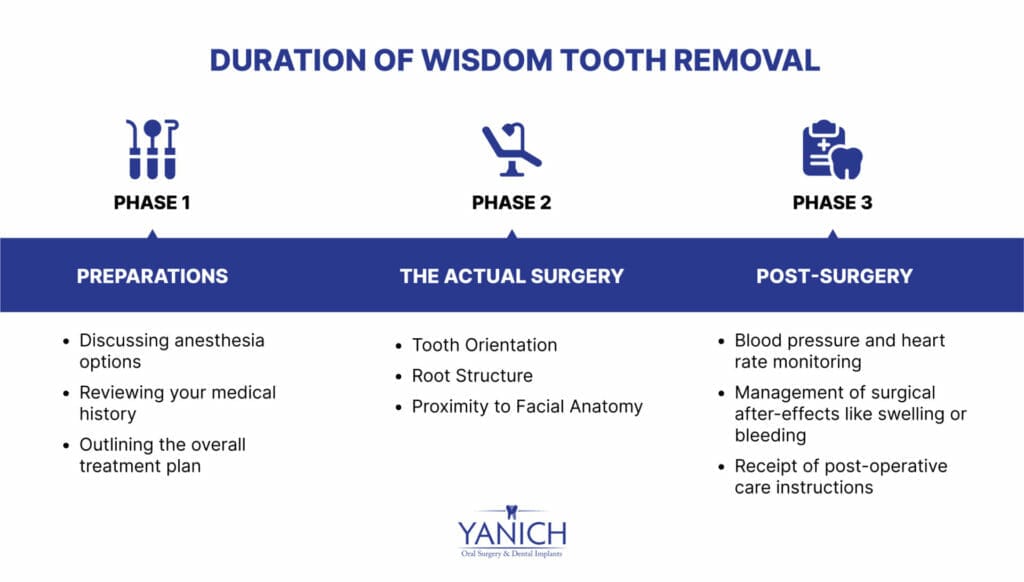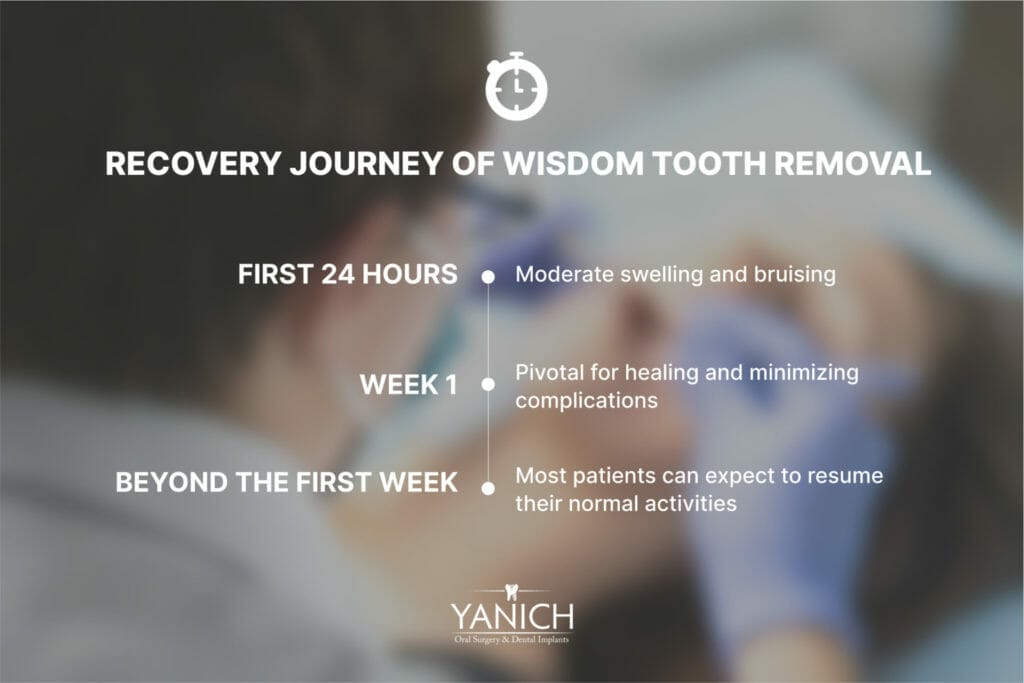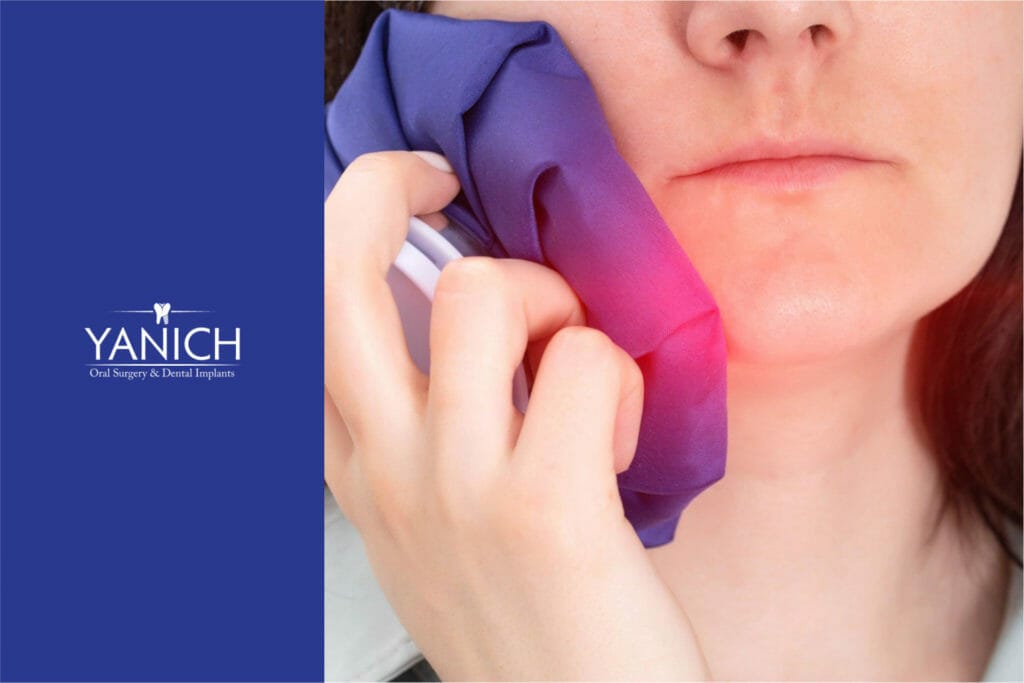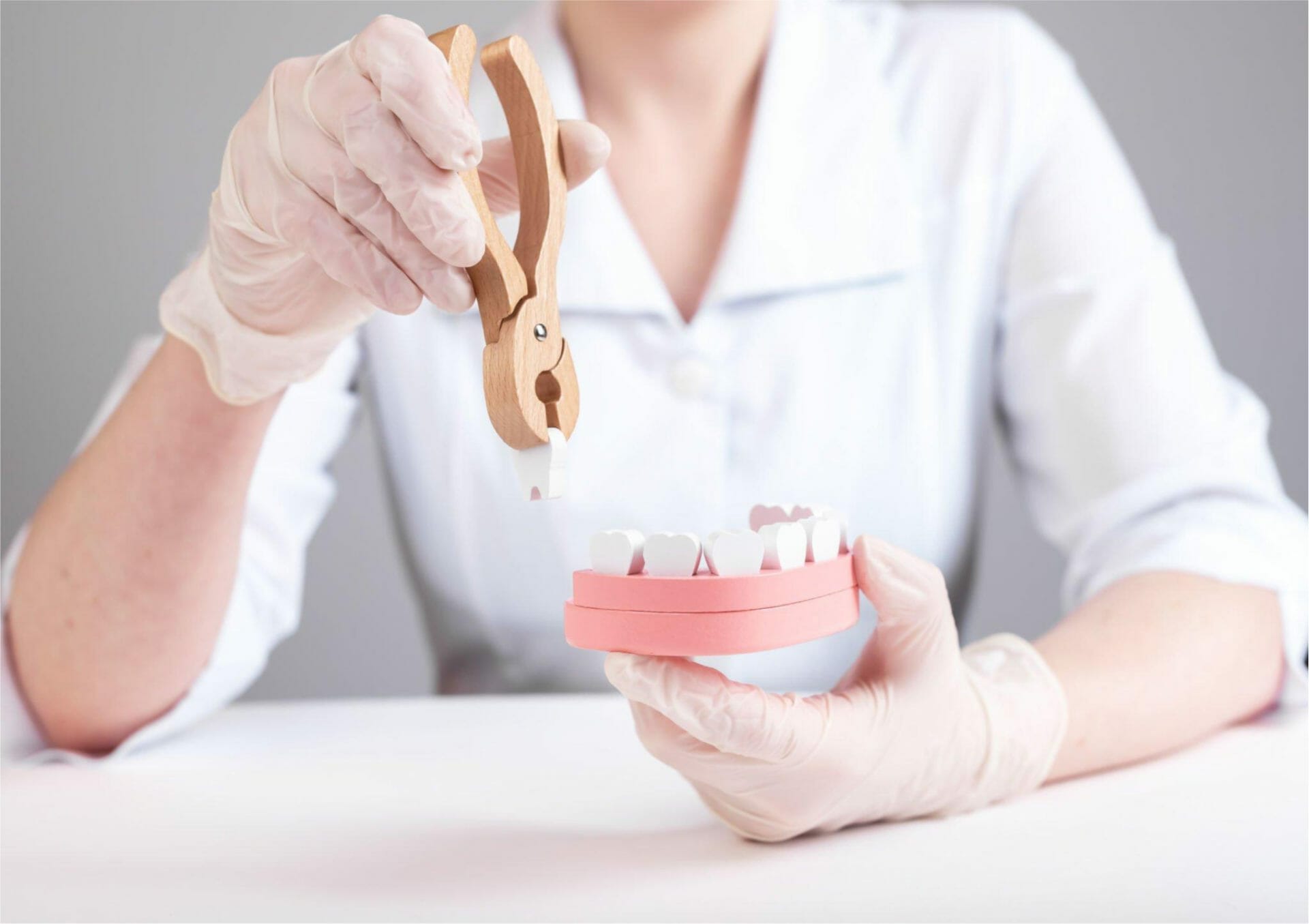The whole process of wisdom tooth removal—from surgical preparation to post-operative recovery—typically spans one to two weeks.
But what factors influence this time frame, and what can you expect at each stage?
In this comprehensive guide, we’ll explore the critical aspects that contribute to the wisdom tooth removal timeline. Armed with this information, you’ll be better prepared for each phase of the journey.
So, let’s dive in and demystify the process, ensuring you’re well-equipped for a smoother, more informed experience.

Understanding the Duration of Wisdom Tooth Removal
Navigating the duration of a wisdom tooth removal procedure in Delaware, Ohio, involves understanding various phases:
- The pre-surgery preparations
- The actual surgical intervention
- The immediate post-operative phase
Below, we break down each segment to give you a comprehensive picture of what to expect.
Phase 1: Pre-Surgery Preparations
Before the procedure, you’ll have an initial consultation with the oral surgeon, who’ll examine the condition of your wisdom teeth through 3D imaging and other diagnostic methods.
This initial consultation typically takes 30 to 45 minutes and may include:
- Discussing anesthesia options
- Reviewing your medical history
- Outlining the overall treatment plan
Phase 2: The Actual Surgery
The duration of the actual wisdom tooth extraction can vary significantly, usually falling between 20 and 45 minutes for each tooth. This time frame is influenced by several key factors:
- Tooth Orientation: The angle at which the tooth is situated can complicate or simplify the extraction.
- Root Structure: The number of roots a tooth has can also affect the time needed for a successful removal.
- Proximity to Facial Anatomy: The tooth’s closeness to nerves and other anatomical features can add complexity to the procedure.
Phase 3: Post-Surgery Phase
After the surgical procedure, Dr. Yanich will closely monitor you for a short period to ensure there are no immediate complications arising from anesthesia or the surgery itself. This crucial observation stage usually lasts between 30 minutes to an hour.
During this time, you can expect:
- Blood pressure and heart rate monitoring
- Management of surgical after-effects like swelling or bleeding
- Receipt of post-operative care instructions

Navigating the Recovery Journey
With the surgical procedure behind you, the spotlight now turns to the recovery process. This phase can differ from individual to individual, influenced by various factors we’ve previously outlined.
In the following section, we’ll guide you through the general timeline of what to anticipate as you heal, ensuring you’re well-prepared for this crucial phase of your wisdom tooth removal experience.
First 24 Hours
The first day after your wisdom tooth removal is crucial for setting the tone for your recovery.
You can expect:
- Moderate swelling and bruising
- Mild to moderate pain controlled with prescribed or over-the-counter medication
- A soft-food diet to prevent irritation and facilitate healing
Week 1
The first week is pivotal for healing and minimizing complications. During this time, your actions should be geared toward:
- Monitoring for signs of infection
- Continuing with a soft-food diet
- Gradually reintroducing more solid foods as comfort allows
Beyond the First Week
Most patients can expect to resume their normal activities after the first week, although complete healing can take several weeks.
During this extended phase, keep in mind:
- The surgical site will continue to heal
- You should avoid strenuous physical activity for at least two weeks
- Regular dental check-ups are advised to monitor your recovery process
Understanding the recovery phase’s nuances can aid in a smoother, quicker healing process and better prepare you for what lies ahead.

Factors That Affect the Duration of Your Wisdom Tooth Removal
Understanding how long a wisdom tooth removal takes involves more than just summing up hours or days; it’s about considering the interplay of various factors contributing to the overall duration.
A nuanced grasp of these variables will enable you to set realistic expectations and adequately prepare for each phase of the procedure.
Complexity of the Extraction
The anatomical intricacies in your particular case significantly influence the length of the surgery.
Here are some details:
- Impacted Teeth: When a wisdom tooth is impacted –– meaning it has not fully erupted through the gum –– additional surgical steps such as cutting off the gum or removal of bone are required. These steps naturally extend the duration of the surgery.
- Multiple Roots: A wisdom tooth with multiple roots may require a more complex surgical approach. Each root might need to be extracted separately, increasing the surgical time.
- Proximity to Sensitive Areas: If the tooth is close to sensitive anatomical structures like nerves or sinuses, the surgeon must proceed with extra caution, potentially prolonging the procedure.
Anesthesia Choices
The type of anesthesia used plays a pivotal role in determining the procedure’s length and the subsequent recovery time.
Here’s a breakdown:
- Local Anesthesia: Generally leads to the quickest recovery. You’re fully awake, and only the surgical area is numbed. However, the stress of being conscious might only be suitable for some patients.
- Sedation Anesthesia: This option induces a state of reduced consciousness. While this increases comfort, it may add to the recovery time as the sedative drugs wear off.
- General Anesthesia: When completely unconscious, the body may require more time to flush out the anesthesia, extending the postoperative recovery period. It’s also usually reserved for more complex cases, which inherently take longer.
Individual Healing Rates
Your healing rate significantly influences how long it will take to recover from a wisdom tooth removal.
Among the factors that play into this are:
- Age: Younger individuals generally heal more quickly due to higher metabolic rates and regenerative capabilities.
- General Health Condition: Pre-existing health conditions like diabetes can impair healing, while a robust immune system can expedite it.
- Adherence to Post-Operative Care Instructions: Proper aftercare, including taking prescribed medications and adhering to dietary guidelines, can substantially affect the speed of your recovery.

Expert Tips for a Faster Recovery
A speedy recovery doesn’t occur by chance; it requires proactive measures aligned with expert recommendations. While the wisdom tooth removal process involves several stages that are out of your control, there are actionable strategies that can substantially expedite your healing process. Below, we explore these strategies in greater detail.
Medications and Remedies
Managing pain and swelling effectively is paramount during the initial stages of recovery. A multi-pronged approach often yields the best results.
- Over-the-Counter Pain Relievers: While your oral surgeon will likely prescribe pain medication, additional over-the-counter options like ibuprofen can be helpful. Always consult your surgeon before taking any extra medication.
- Ice Packs: Intermittent application of ice packs can drastically reduce facial swelling. A standard method is the 20-20-20 rule: 20 minutes on, 20 minutes off, for the first 20 hours post-surgery.
- Warm Salt-Water Rinses: Starting 24 hours after surgery, warm salt-water rinses can help cleanse the oral cavity and reduce bacterial count. Aim for at least three rinses a day, especially after meals.
- Topical Anesthetics: Products like Oragel can temporarily numb the surgical area, offering short-term relief from acute pain.
Lifestyle Changes
Adopting these medication and lifestyle strategies increases the odds of a faster and more comfortable recovery from your wisdom tooth removal.
- Smoking and Alcohol: Both smoking and alcohol consumption can impair your body’s healing mechanisms. Avoid these substances for at least a week post-surgery to enhance tissue repair and reduce the risk of infection.
- Physical Activity: Exercise elevates heart rate, which can exacerbate swelling and prolong the healing process. Limiting strenuous activities for at least a week is highly advisable.
- Dietary Considerations: A soft-food diet minimizes irritation and potential damage to the surgical site. Foods like yogurt, pudding, and mashed potatoes are excellent choices.
- Hydration: Keeping well-hydrated speeds up the recovery process. Aim to drink at least eight cups of water a day, avoiding straws to prevent dislodging any blood clots.
- Oral Hygiene: Although you should avoid vigorous brushing near the surgical site, maintaining good oral hygiene is vital for preventing infection.
Secure a Smooth Wisdom Tooth Removal with Dr. Jason Yanich Today
Understanding the timeline and intricacies of wisdom tooth removal is crucial for a successful experience. Being well-informed not only sets you up for realistic expectations but also empowers you to adhere to medical guidelines, thereby accelerating your recovery.
If you still have lingering questions, schedule a consultation with Dr. Jason Yanich today –– he’s always ready to provide personalized advice tailored to your specific needs, ensuring you have the most seamless experience possible.


